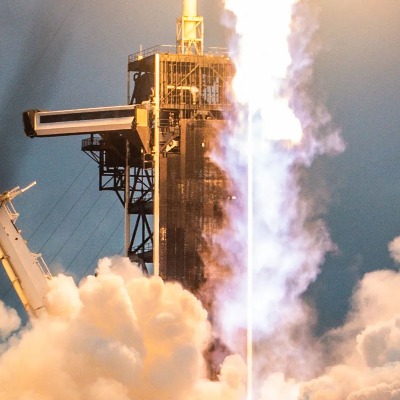1,000 Days Of Harmony: China's Tiangong Space Station Core Module Celebrates Milestone

The core module of China's Tiangong space station, aptly named Tianhe ("Harmony of the Heavens"), has achieved a remarkable feat: 1,000 days orbiting Earth. Launched on April 29, 2021, Tianhe marked the beginning of the construction of China's first long-term space station, and its successful operation represents a significant milestone in the country's ambitious space program.
"Reaching 1,000 days in space is a testament to the hard work and dedication of countless individuals involved in the development and operation of the Tiangong space station," said Zhou Yanfeng, director of the China Manned Space Agency (CMSA). "This achievement marks a critical step forward in China's space exploration endeavors and paves the way for further scientific breakthroughs and international collaboration."
Tianhe forms the central hub of the T-shaped Tiangong station, which was completed in October 2022 with the arrival of the Wentian and Mengtian laboratory modules. This three-module complex currently orbits Earth at an altitude of around 400 kilometers, accommodating a crew of up to three astronauts for extended stays.
Since its launch, Tianhe has facilitated three crewed missions and hosted six astronauts for a total of nearly 880 days of human occupancy. Astronauts have conducted various scientific experiments onboard, ranging from materials science and life sciences research to Earth observation studies. The station has also served as a platform for technological demonstrations, such as the successful docking of China's reusable spaceplane, the Tianxing-1.
The 1,000-day milestone signifies not only the technical prowess behind Tiangong but also its potential for future contributions to space exploration. China plans to utilize the station for long-term scientific research, technological development, and astronaut training. Additionally, the nation has expressed openness to international collaboration on the station, potentially expanding its scope and impact.
Looking ahead, China aims to further expand its space station capabilities with the launch of the Xuntian ("Sky Survey") space telescope module in 2025. This module will significantly enhance the station's astronomical observation capabilities, opening new avenues for scientific exploration of the universe.
As China celebrates the 1,000-day achievement of Tianhe, the world looks on with keen interest. The success of this ambitious project paves the way for a future of increased international cooperation and exploration in space, pushing the boundaries of human knowledge and understanding.




